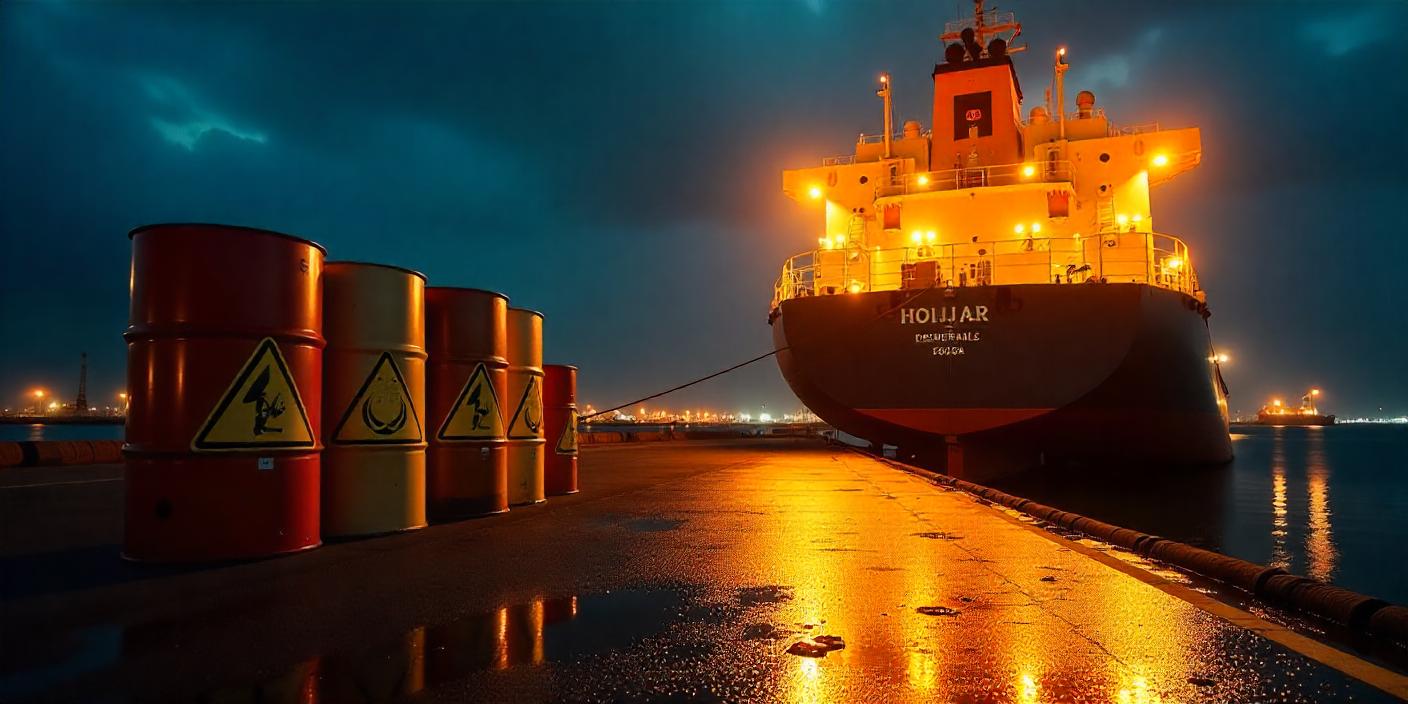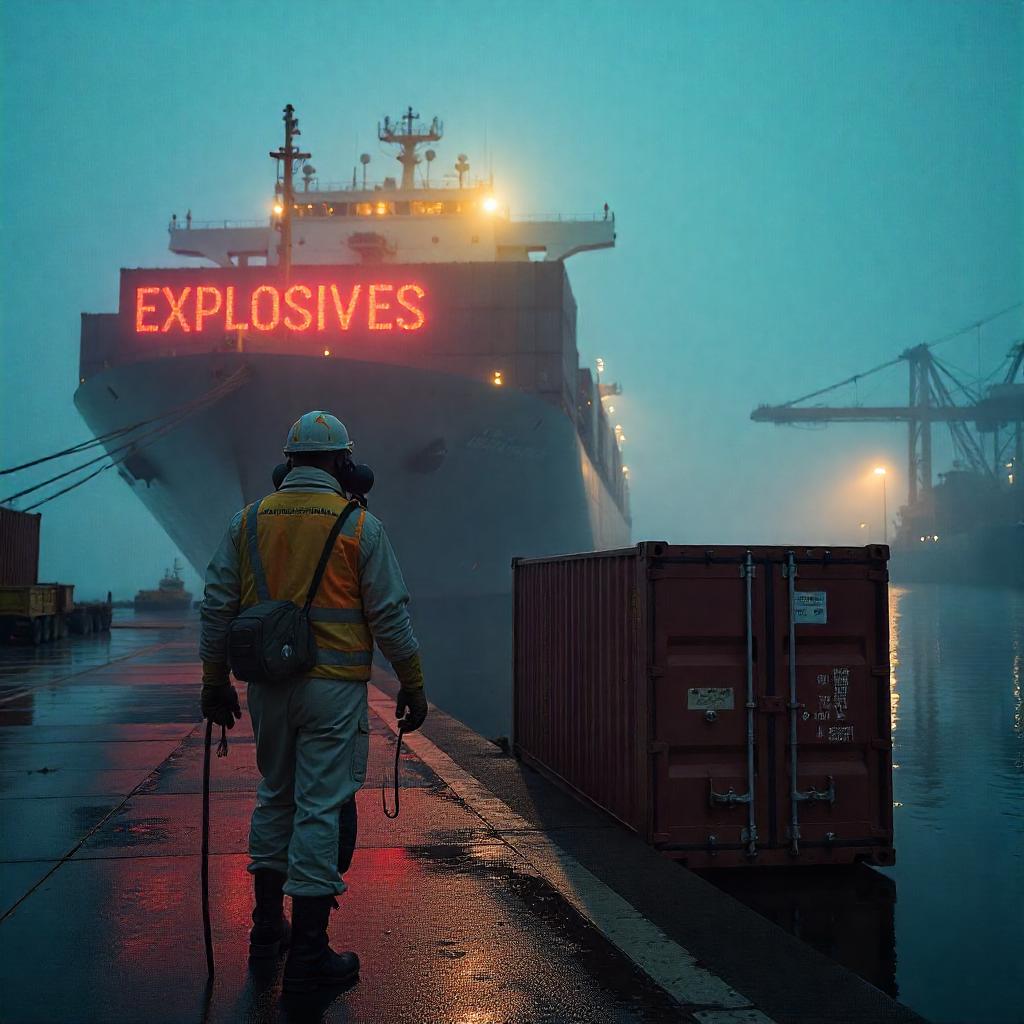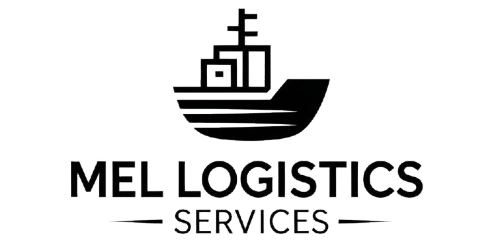Address
6-12 Newport Boulevard, Newport West, Kingston
Work Hours
Monday to Friday: 7AM - 9PM
Weekend: 10AM - 5PM

Importing dangerous objects in Jamaica is a high regulated process that requires strict compliance with local and international laws. These goods can reduce serious health, safety and environmental risks if they are not handled properly from companies and fuel to flammable objects and pressure gases.
To ensure smooth, safe and legal imports of dangerous materials, importers must follow a specific set of Jamaican officials such as Jamaica Customs Agency, Ministry of Health and Welfare and a specific set of guidelines such as National Environment and Planning Agency (NPA).
This guide provides a step-by-step observation of legal requirements, safety protocols and documents required to import dangerous elements on Jamaica.
Dangerous goods – also known as hazardous materials – are substances that can pose a significant risk to health, property or the environment. These items are classified under the UN Global KO operative system (GHS) and International Marine Dangerous Mall (IMDG) code.

Before you start the import process, you decide the correct classification of your goods under the list of dangerous objects in the UN. Each category has unique requirements for handling, packaging and documentation.
UN Number – 4-digit code identifying the substance
Hazard Class – Categories (1 to 9) indicating the type of risk
Packing Group – Indicates the severity of hazard (I = High, II = Medium, III = Low)
Tip: Consult the IMDG Code or a certified Dangerous Goods Advisor to ensure accuracy.
The Jamaican law said dangerous goods should not be imported without prior approval from the affected officials.
Mel Logistics Services – A Licensed trusted Custom Broker and Dangerous Goods Clearance Services Provider in Jamaica.
National Environment and Planning Agency (NEPA) – provides environmental permits for substances that cause ecological risk.
Ministry of Health and Welfare (Mohw) – provides license grants for drugs, chemical and toxins.
The Ministry of National Security – may be involved for explosives and high -risk articles.
Based on the goods category, you must apply for relevant import permits or licenses. This usually entails:
Dangerous goods should be packed for the transport of dangerous goods and IMDG code according to the UN’s recommendations. Need packaging:
Transporting dangerous materials requires special knowledge and compliance with international shipping rules. Use a DG-anchored freight forwarder or logistics supplier that is experienced in Caribbean imports.
They want to make sure:
Jamaica requires an announcement of import entry (C78 form) submitted to Jamaica Customs Agency in all imports. You must submit:
Your broker or goods order usually handles it, but it is your responsibility to ensure that all documents are accurate and complete.
The dangerous items are subject to:
Dangerous goods can be flagged for compulsory inspection of custom officers or regulatory bodies such as Nepa or Mohv.
When cleansed, you can take the goods to the destination under safe and obedient conditions.
Violation of these laws can lead to results:
Importing dangerous items in Jamaica is not just a commercial transaction – this is a responsibility. With the right knowledge, correct permits and compliance with the security protocol, you can ensure that your import is not only legal, but also safe for everyone.
Whether you include chemicals for production, fuel for energy or special material for medical use, delay in following the legal road, the punishment and the only way to avoid environmental threats.
